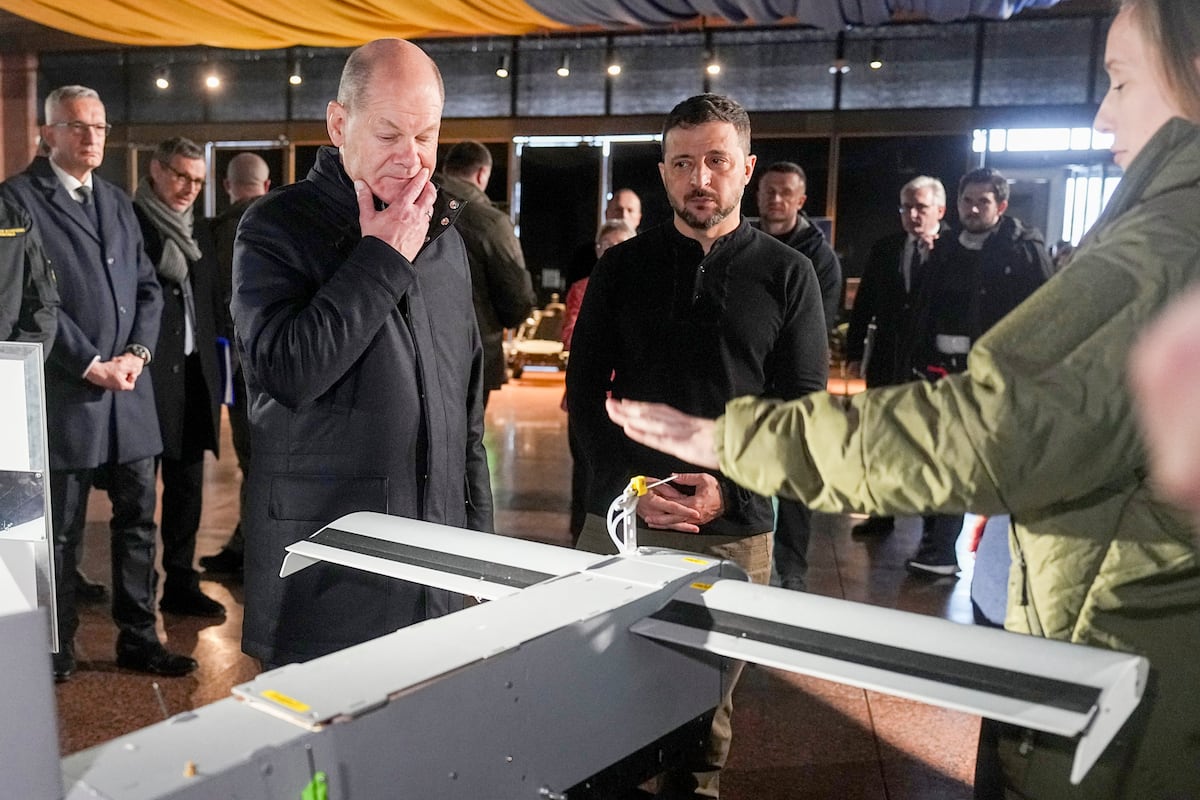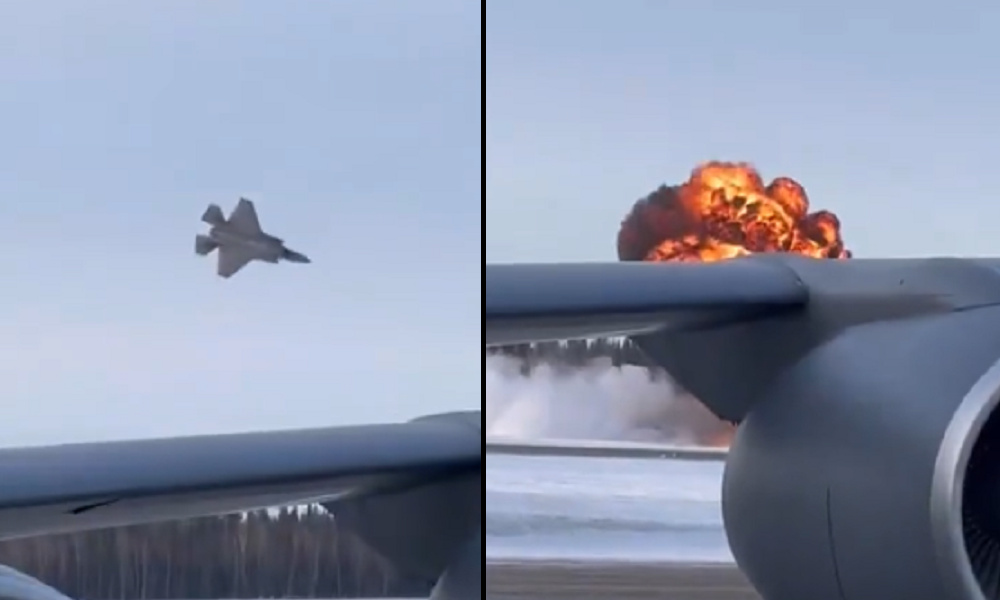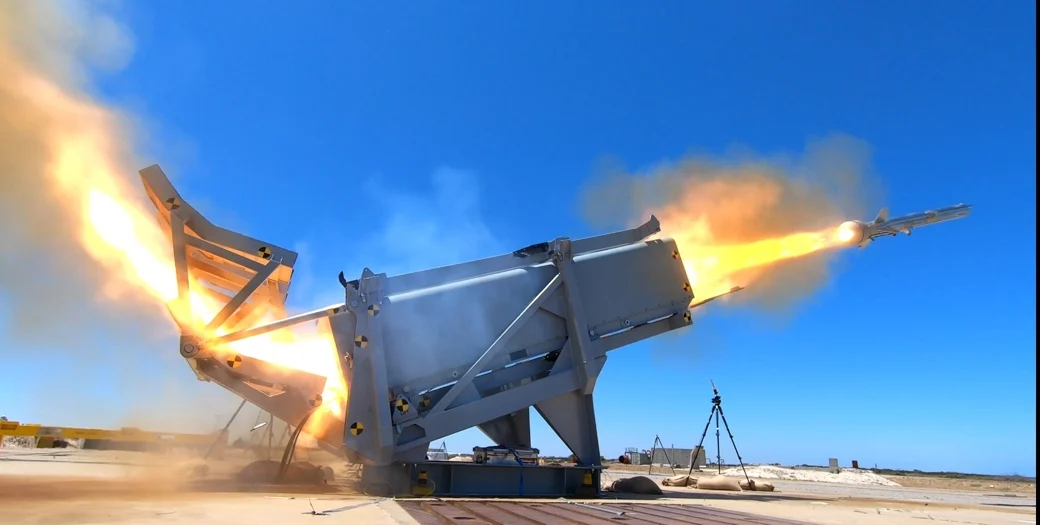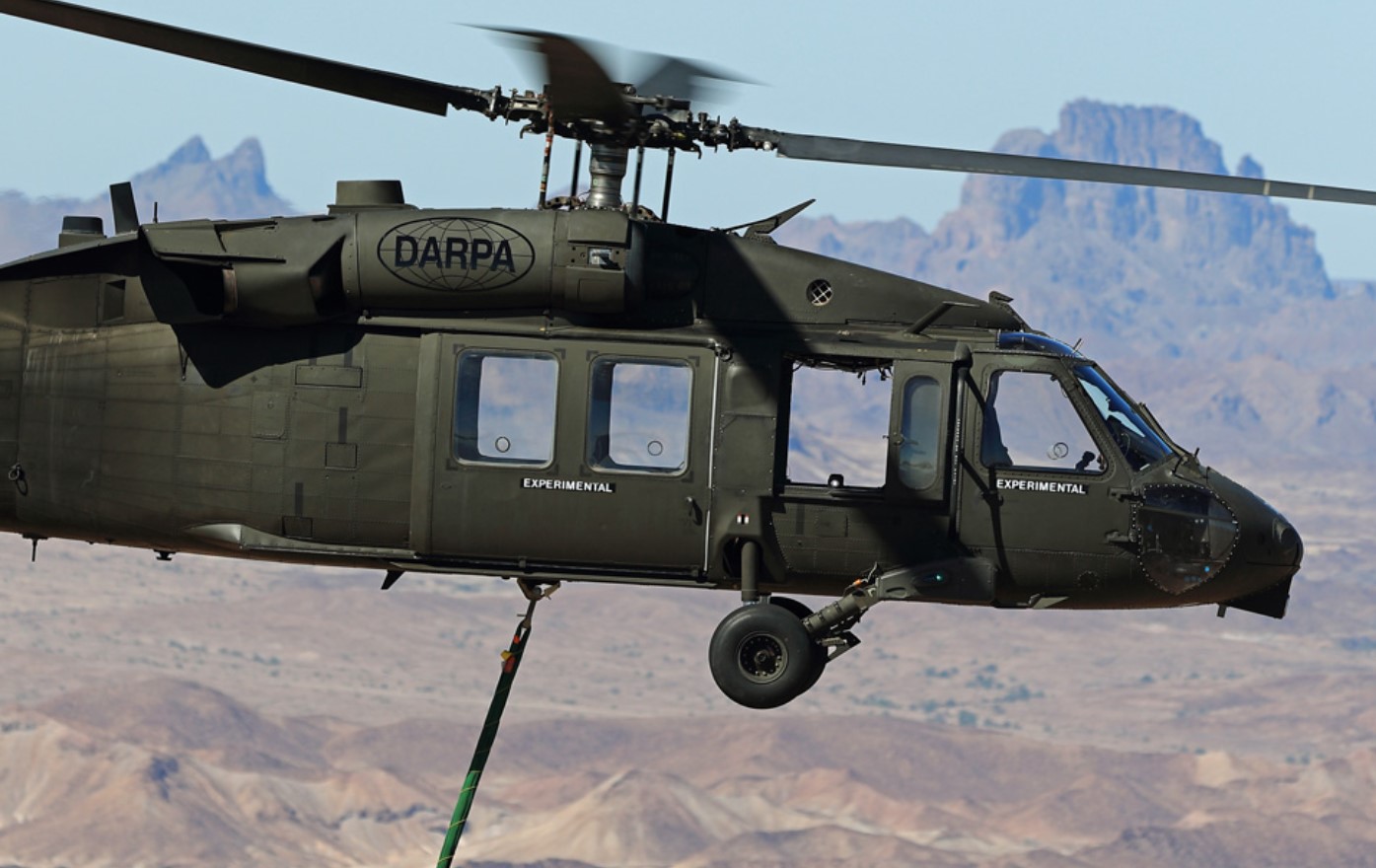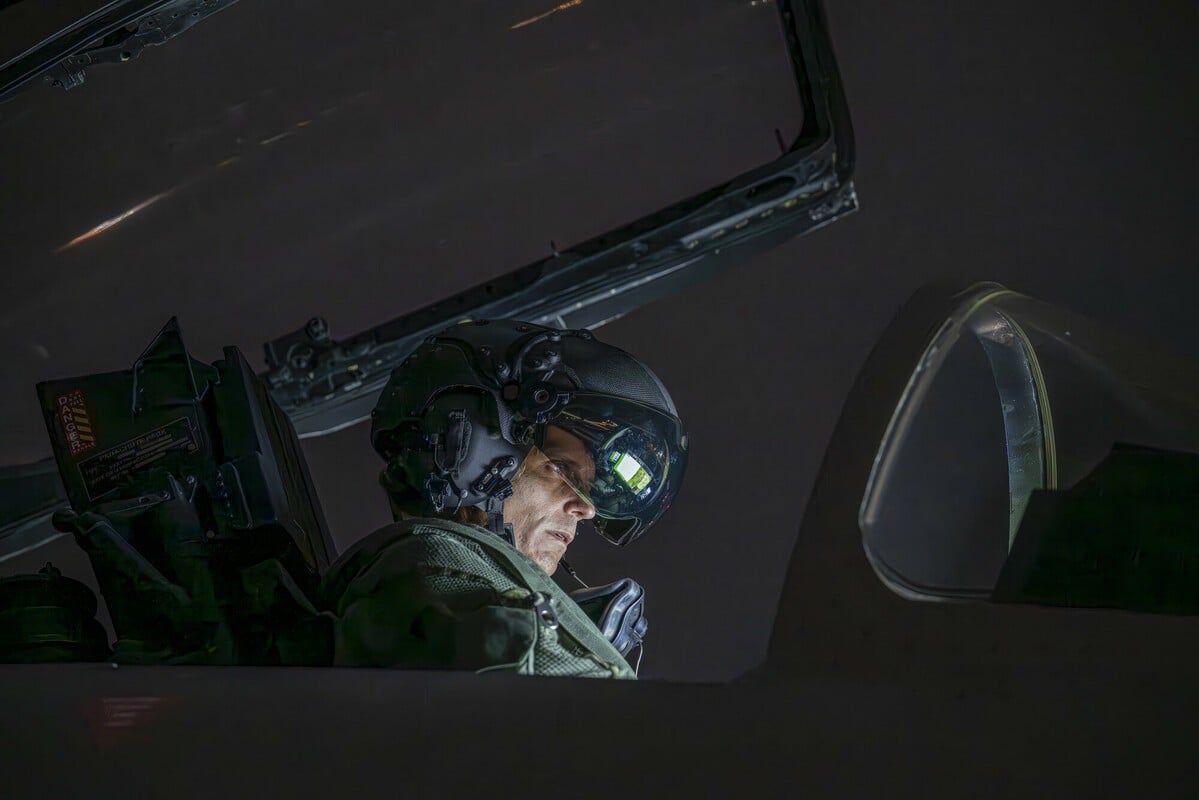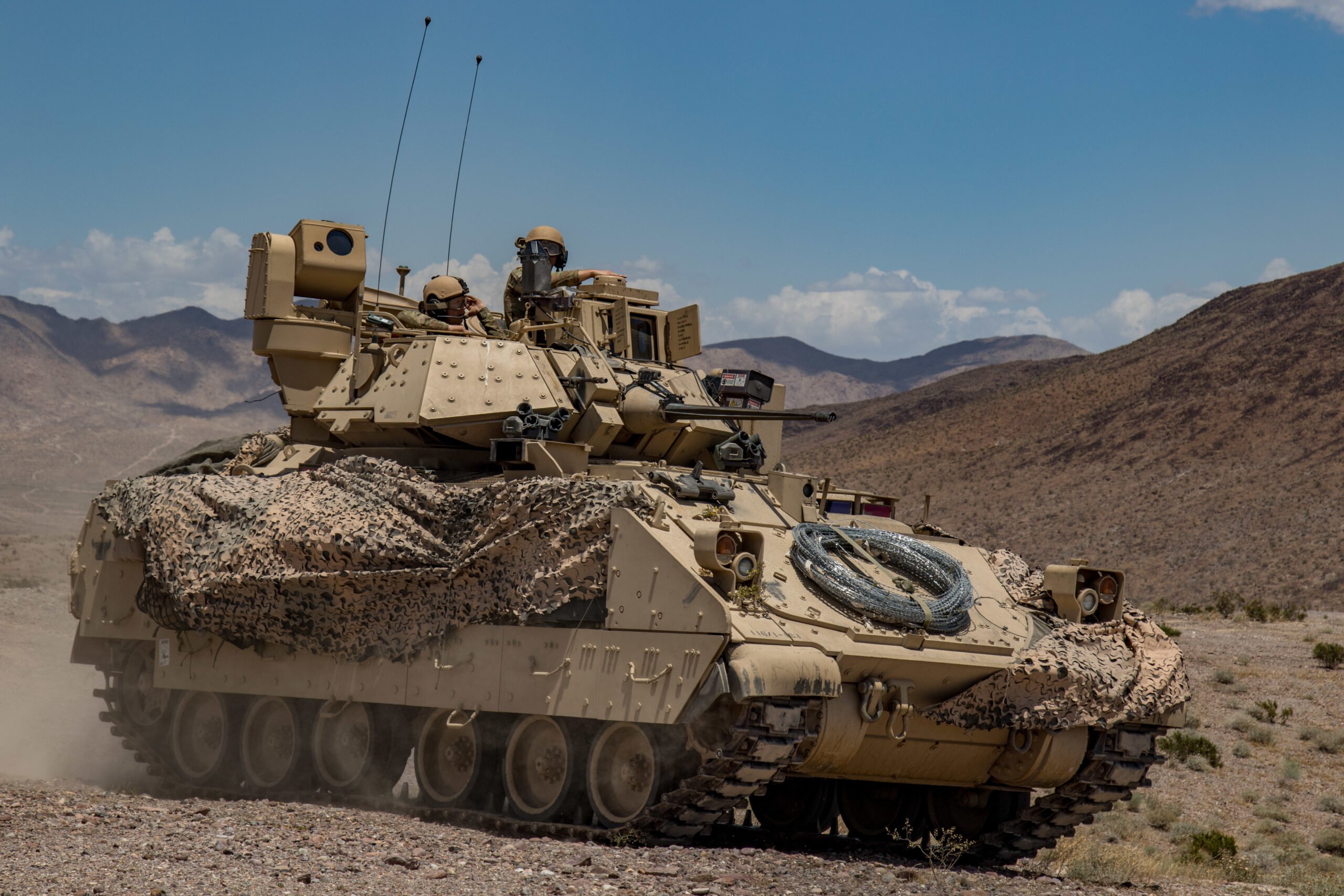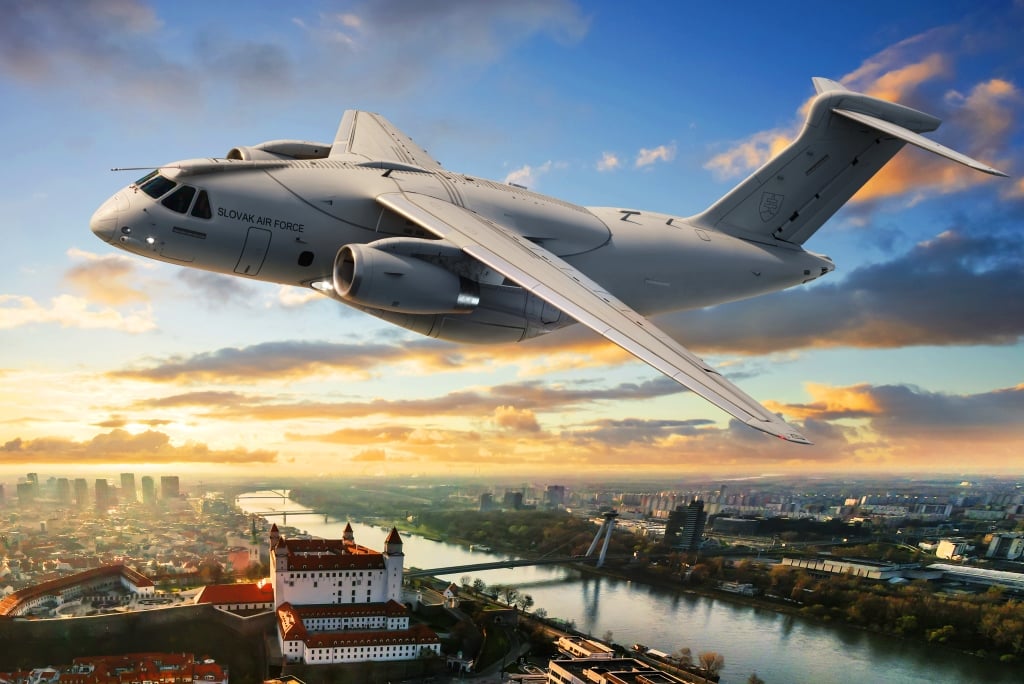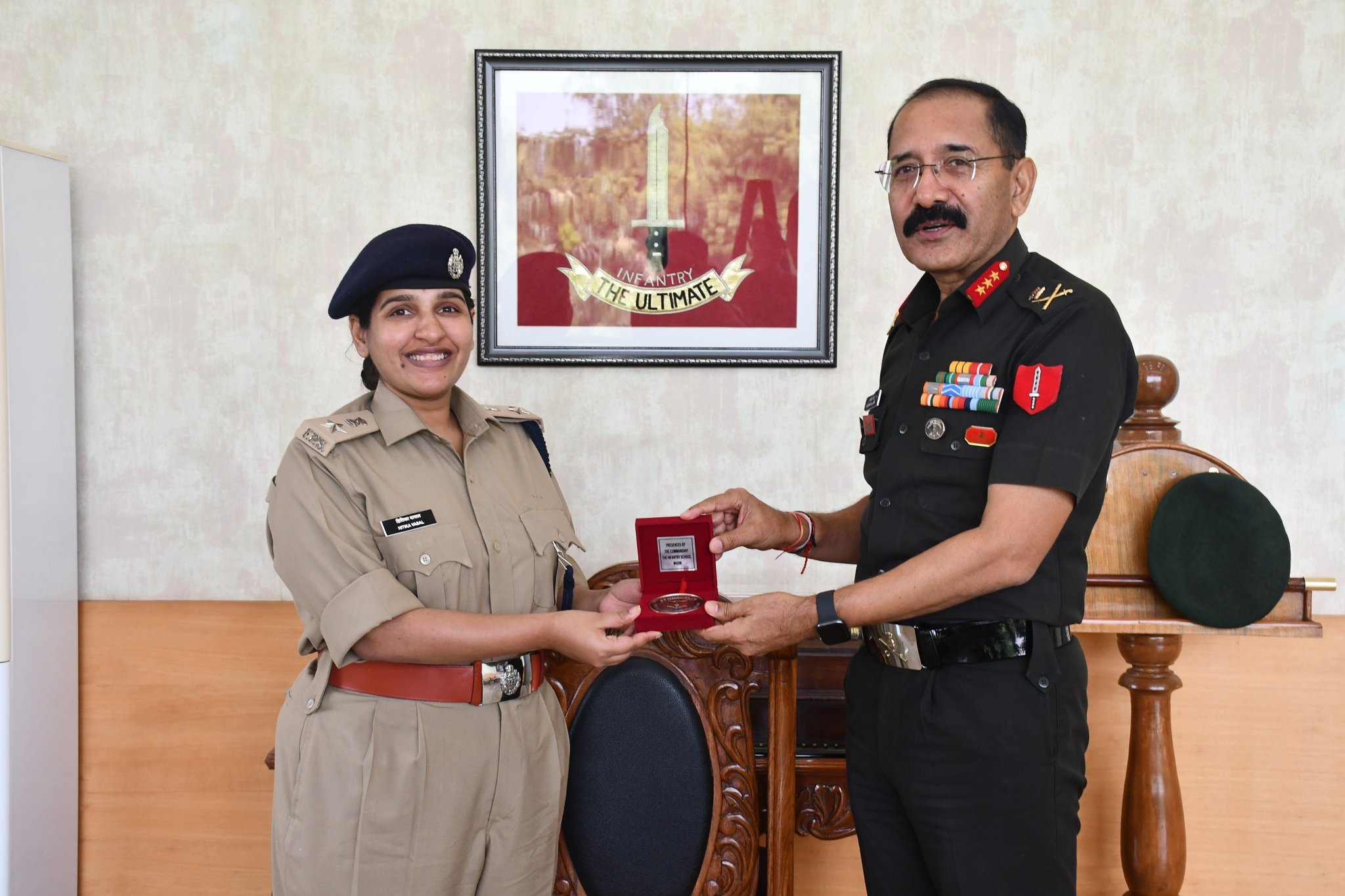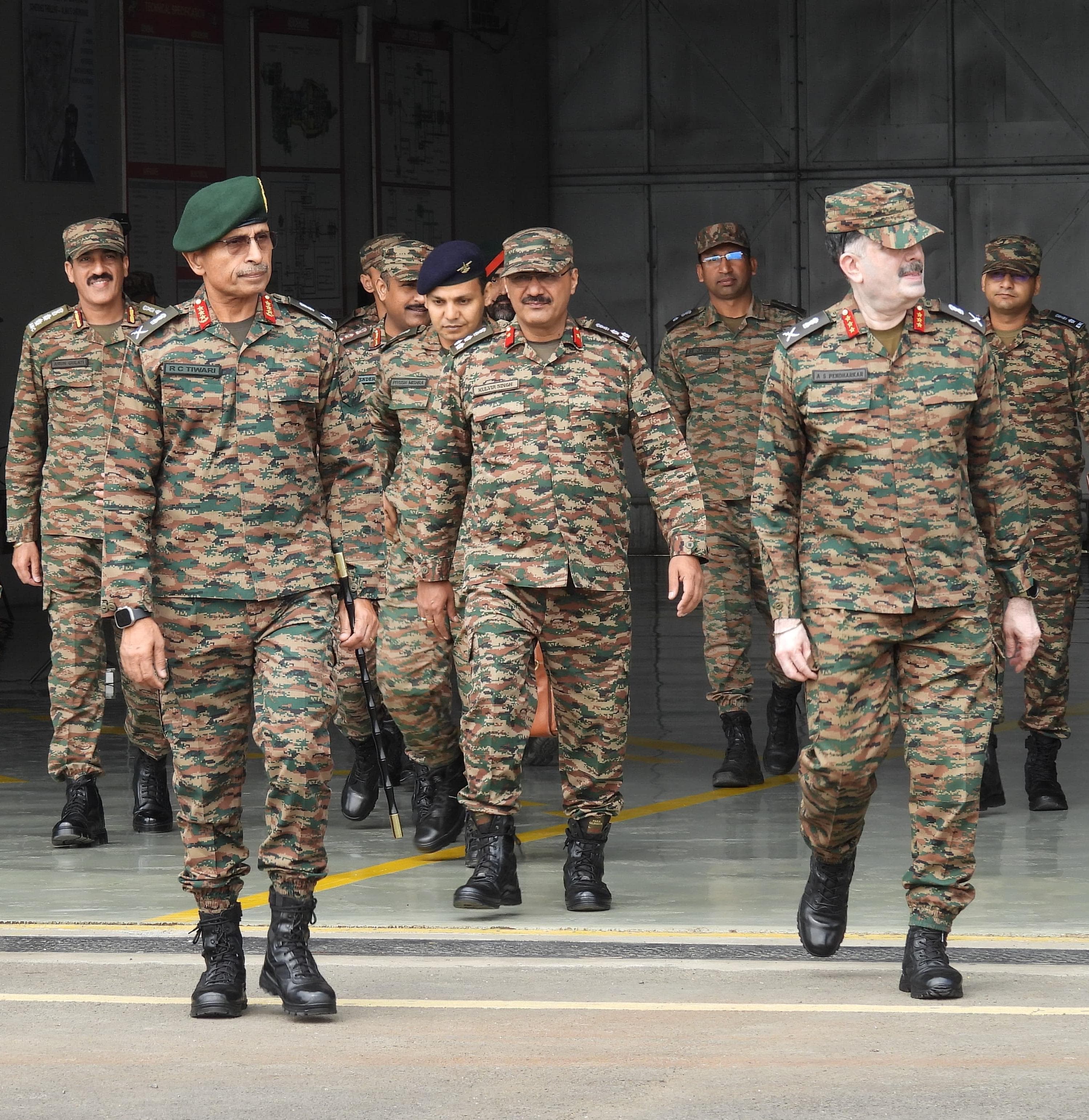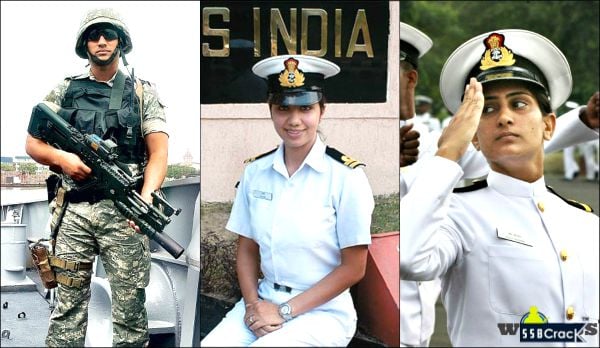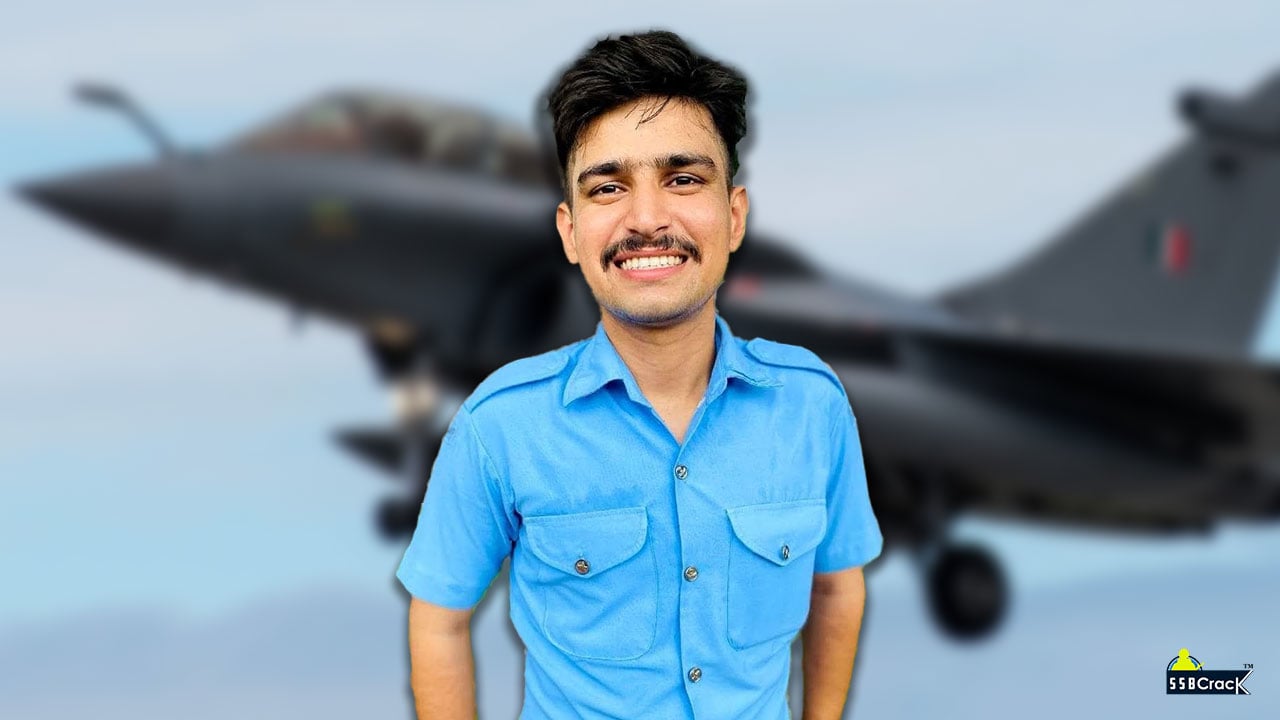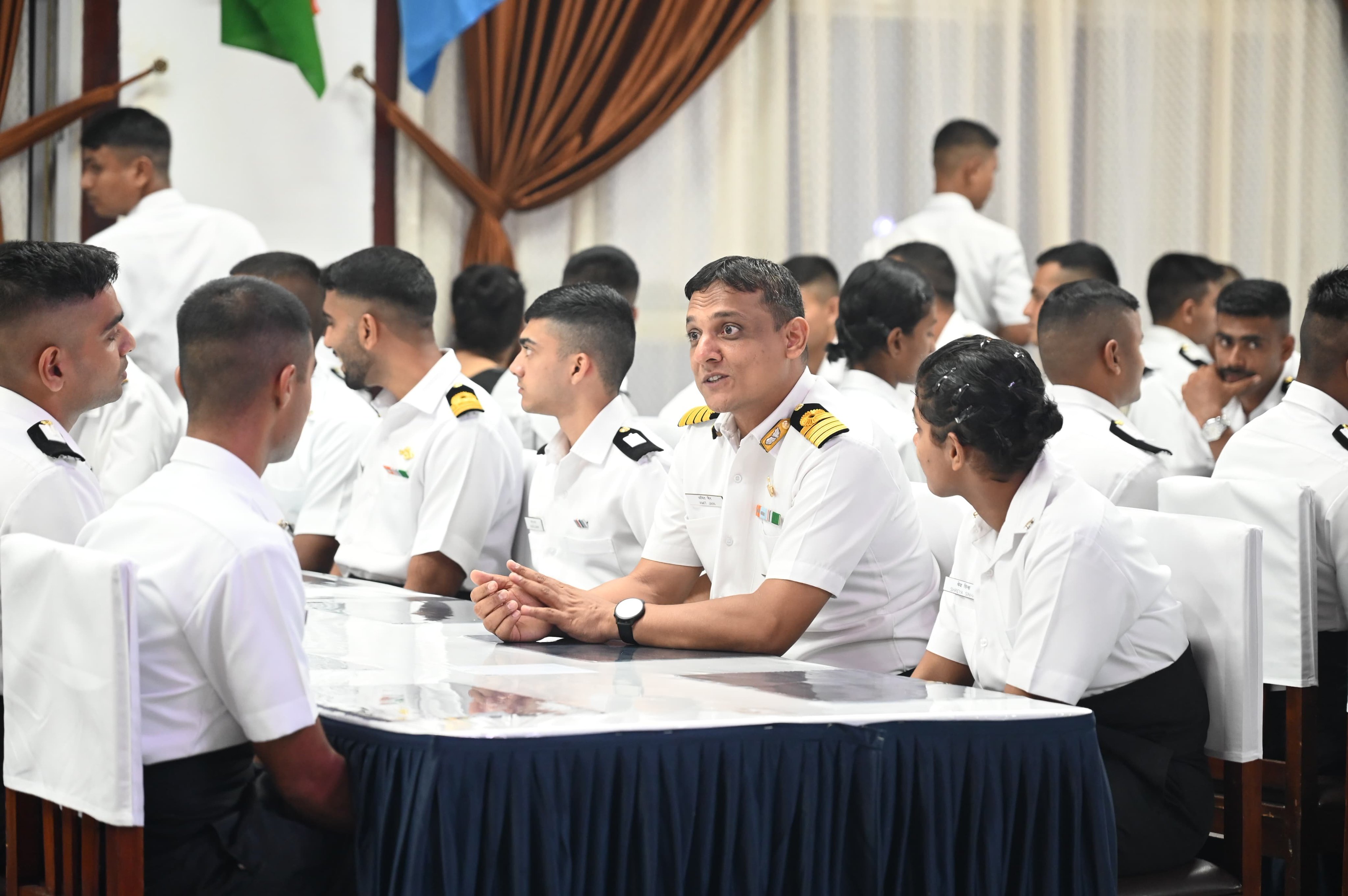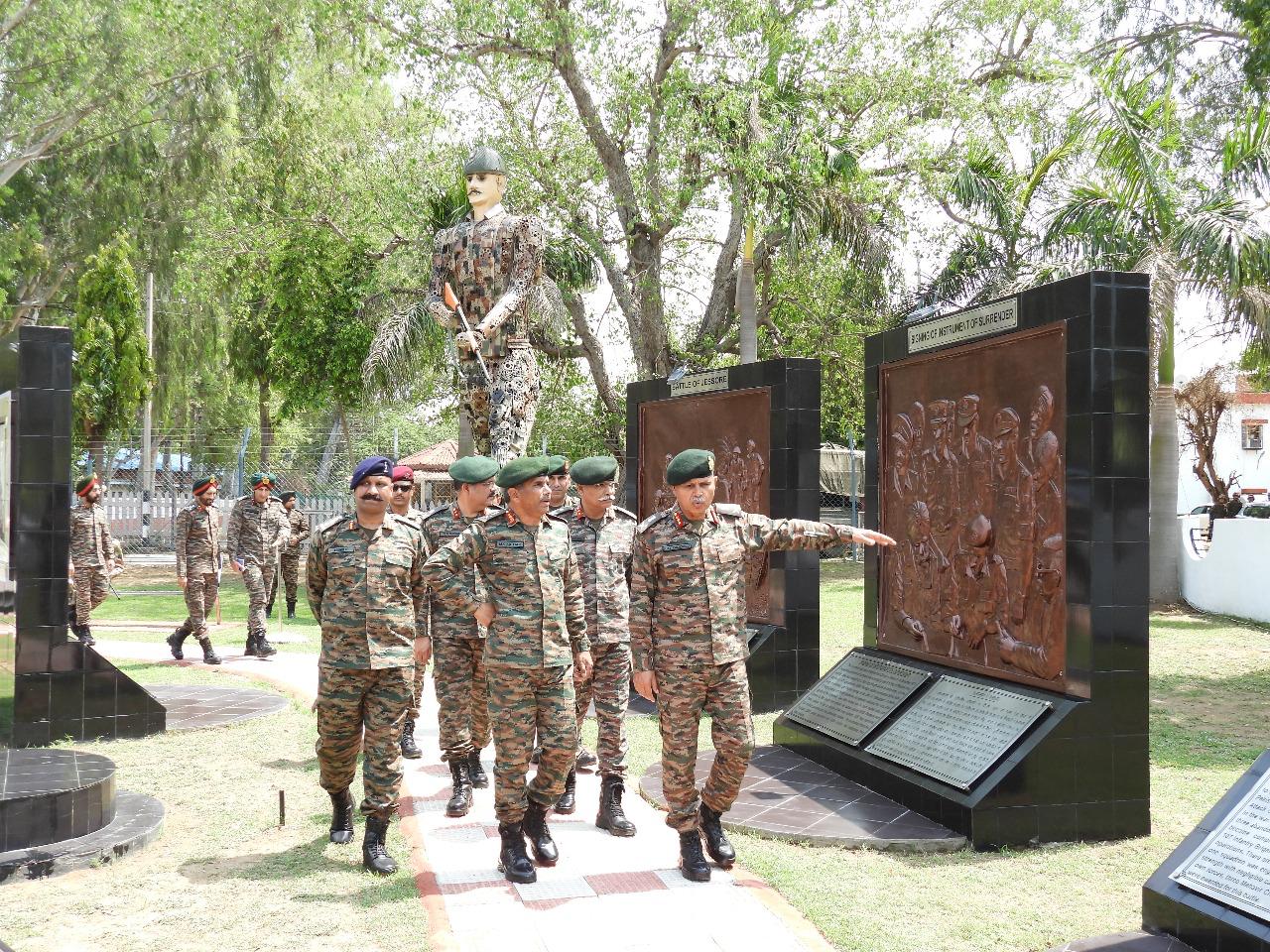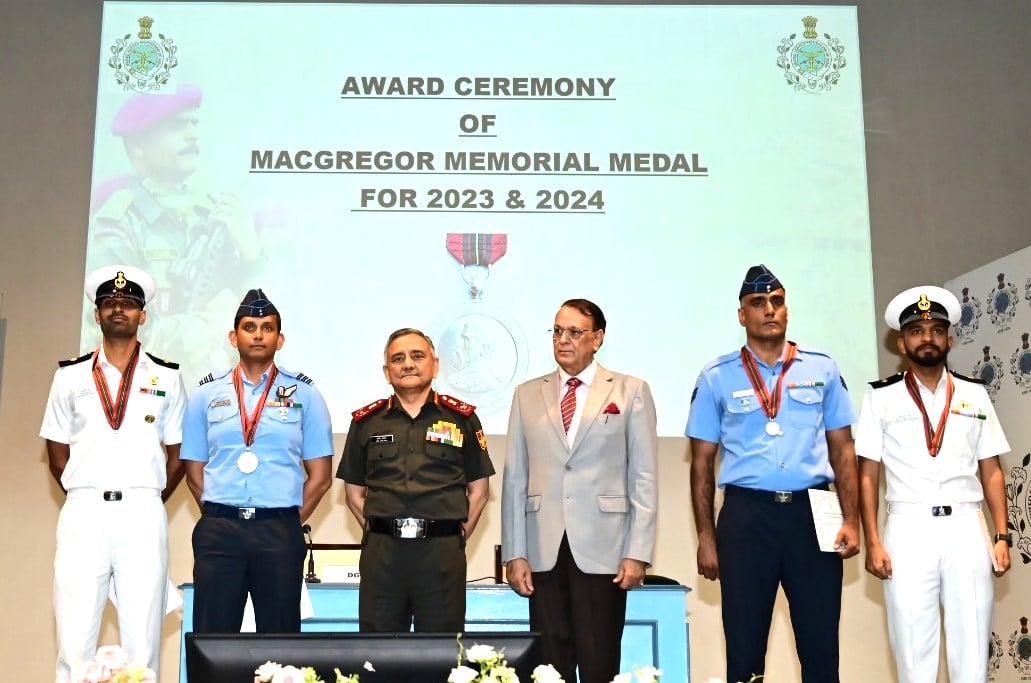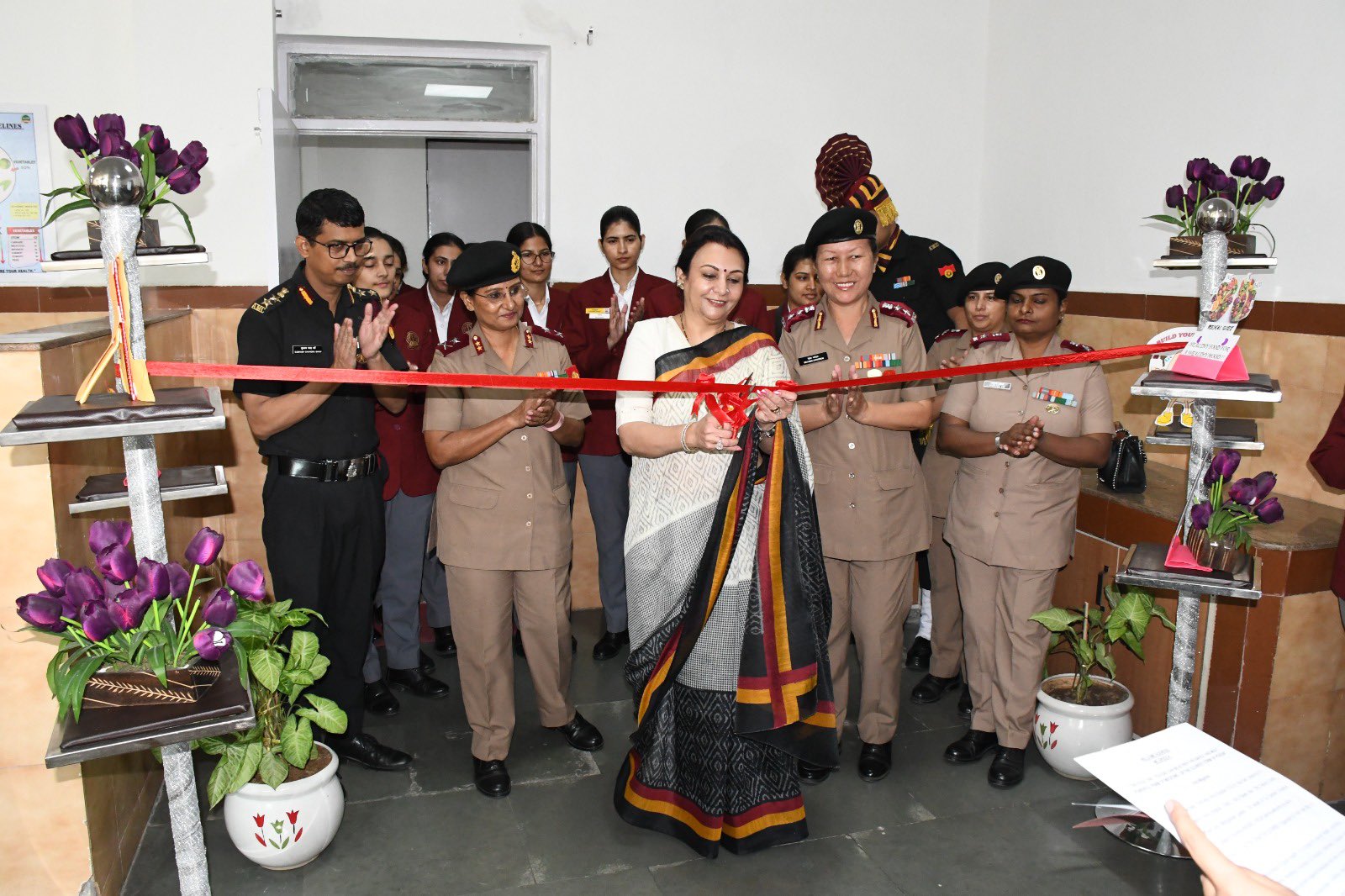German Chancellor Olaf Scholz made his first visit to Ukraine in over two and a half years, arriving amid ongoing tensions caused by the war and underlying political dynamics in Europe. Scholz’s visit comes after Ukrainian President Volodymyr Zelenskyy expressed frustration over Scholz’s recent phone call with Russian President Vladimir Putin. This phone conversation raised eyebrows as it occurred during a pivotal moment in which the future of U.S. support for Ukraine under President-elect Donald Trump was under scrutiny.
During the visit, Zelenskyy indicated a significant strategic shift, suggesting that NATO membership for the territories retained by Ukraine could put an end to the ongoing hostilities. This bold statement reflects Zelenskyy’s evolving approach towards Ukraine’s military strategy and aspirations for security guarantees from the West.
As Germany gears up for elections slated for February, Scholz is keen to demonstrate Germany’s commitment to Ukraine, positioning the nation as its second-most significant weapons supplier. However, he has emphasized a careful approach—adopting a stance that avoids escalating the conflict while reiterating the importance of dialogue. Scholz has resisted calls to expedite NATO membership for Ukraine, stressing that any path to peace should not undermine Ukraine’s sovereignty or rights.
In a pivotal meeting with Zelenskyy, Scholz announced a new military assistance package amounting to 650 million euros. He reaffirmed Germany’s dedication to being a robust supporter of Ukraine, stating, “I would like to make clear here on the ground that Germany will remain Ukraine’s strongest supporter in Europe.”
The backdrop of this meeting is Scholz’s controversial conversation with Putin, which elicited criticism from Zelenskyy. The Ukrainian president deemed the call potentially harmful, suggesting it could lead to increased Russian isolation. Zelenskyy’s visit to Berlin in October had sought to rally support for a comprehensive “victory plan,” which encompassed an official invitation for Ukraine to join NATO and the ability for Ukraine to deploy long-range Western missiles against Russian military targets.
Notably, some Western nations adjusted their stance regarding military support in November, allowing Ukraine more freedom to conduct long-range strikes. This decision prompted a swift response from Russia, resulting in a missile strike involving an intermediate-range ballistic missile for the first time in the conflict, marking a significant escalation in military engagement.
As diplomatic efforts continue and military support flows into Ukraine, the implications of these developments underscore the complexities of European security and the balancing act of supporting Ukraine while negotiating with Russia. Scholz’s visit will likely shape future engagements in the ongoing conflict, as Ukraine seeks to navigate both military and diplomatic pathways to restore its territorial integrity.

